Lines of action
Mountain Wilderness focuses its activity on the following lines of action:

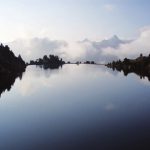
1 Protected areas
Mountain Wilderness takes action to protect selected mountain
areas such as national parks and UNESCO World Heritage sites.
Mountain Wilderness continues to monitor such sites to make sure
they remain in their natural state.
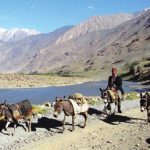

2 Soft mobility
Mountain Wilderness advocates the use of public
transport in mountain areas in order to minimise
pollution caused by private cars as well as environmental
degradation.
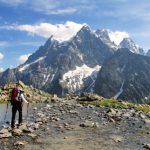
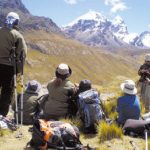
3 Ecotourism
Mountain Wilderness supports responsible travel that
preserves the environment and minimises negative impact. It
encourages the sustainable development of local economies
through the involvement of the local population, the consumption of local
products and the creation of cultural awareness.
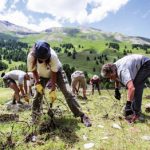
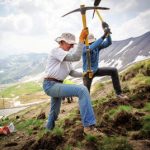
4 Obsolete installations
Mountain Wilderness has set up an inventory of abandoned
installations and construction sites no longer in use. It aims
to restore those sites, and lobbies governments for support through legislation. Mountain Wilderness’
accomplishments in this field are recognised and valued.


5 Fake mountain experiences
Mountain Wilderness is committed to maintaining mountains
in as natural a state as possible and is against the
building of artificial structures such as bridges, platforms,
and an excessive amount of “via ferratas” which ruin the
landscape and result in commodification and commercialisation of mountains.


6 Heliisking and offroad motor sports
Mountain Wilderness calls for silence, quietness and peacefulness in the mountains.
The organisation is against the use of heliskiing and offroad motor
vehicles (snowmobiles, quads and 4X4s) for leisure
activities.
“SILENCE” in the mountains, please!


7 Mountain sport practice
Mountain Wilderness recommends the practice of
mountaineering in an ethical and environmentally sustainable way
and offers relevant courses (such as in Pakistan). Mountain Wilderness believes that every
mountaineer should be mindful of respecting nature and behave
accordingly.

8 Education and communication
Mountain Wilderness supports the training of professional
mountaineers such as mountain guides, climbing instructors, and mountain
leaders in the appropriate practice of mountaineering. In turn,
those professionals will educate others (their clients) in order
to make sure that mountain ecosystems are preserved.


9 Energy transition and water resources
Mountain Wilderness is aware of the efforts to transition from
fossil fuels to clean energy. The organisation advocates this
transition, provided that renewable energy installations, e.g. wind turbines, water storage dams, huge water pipelines, or any other structure altering ecosystems remain within
reasonable limits and result in minimal negative impacts on the environment.
Besides, the fast retreat of glaciers is an enormous threat
to the safety of people living in mountain
areas.